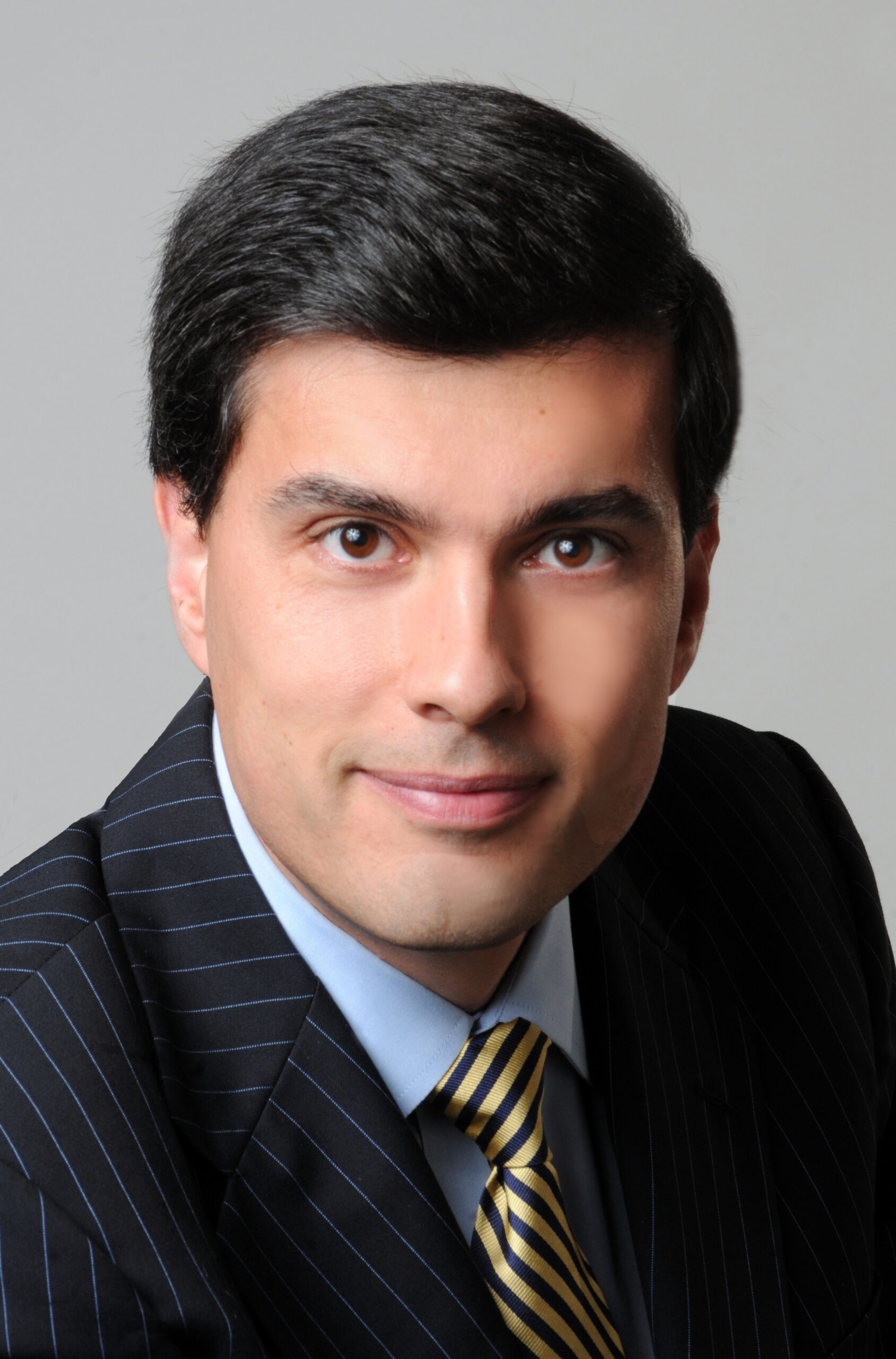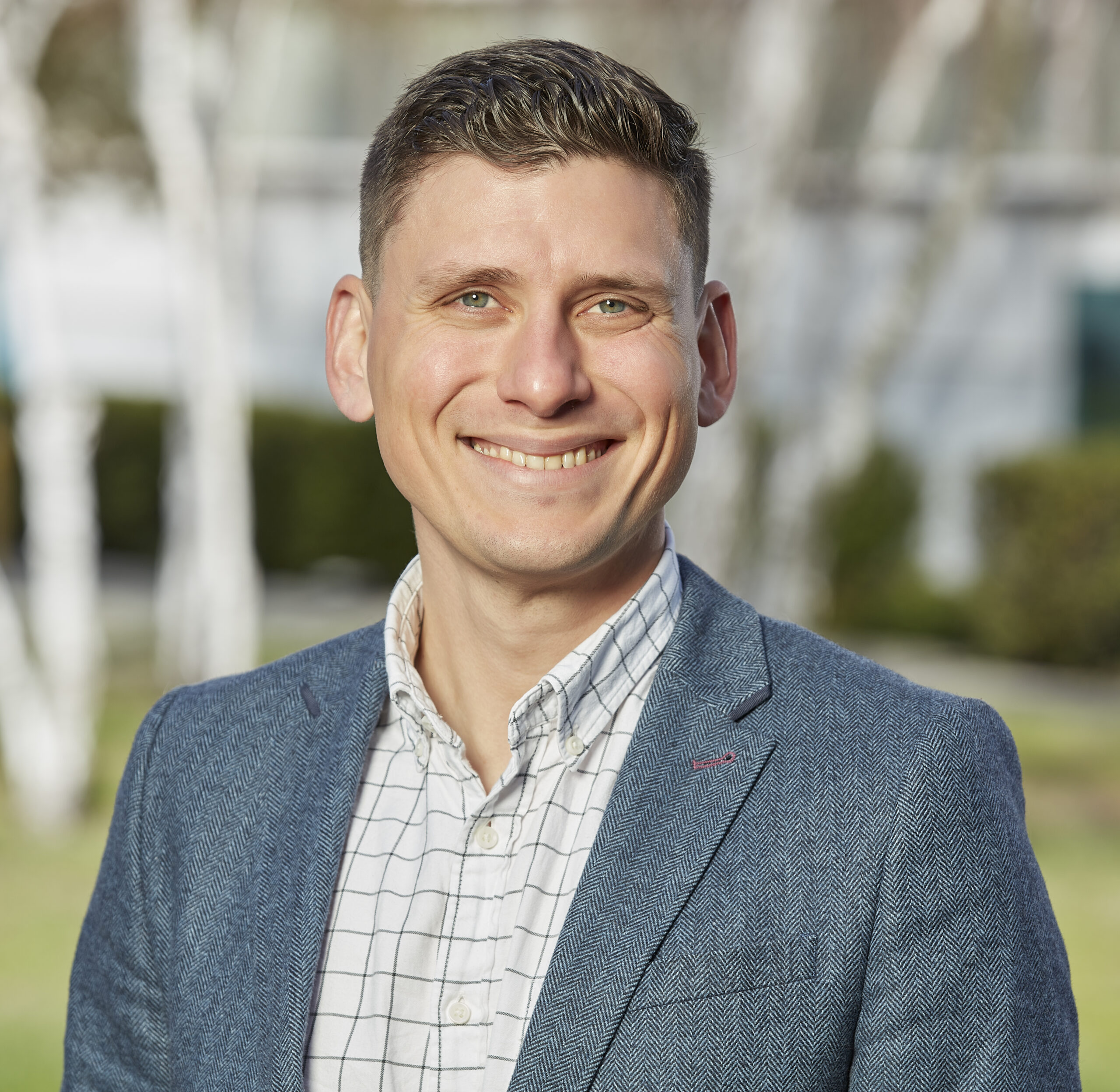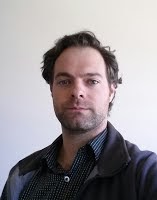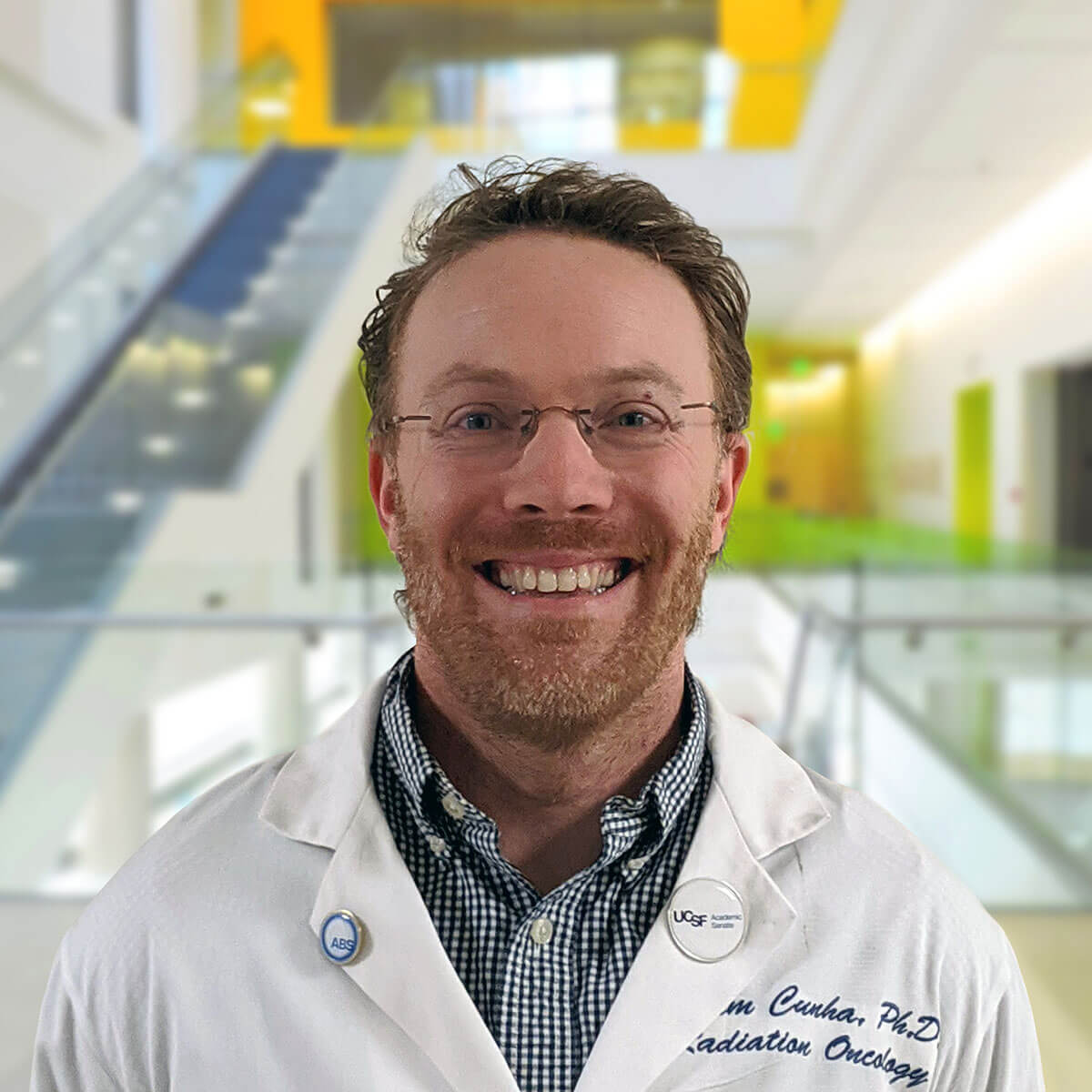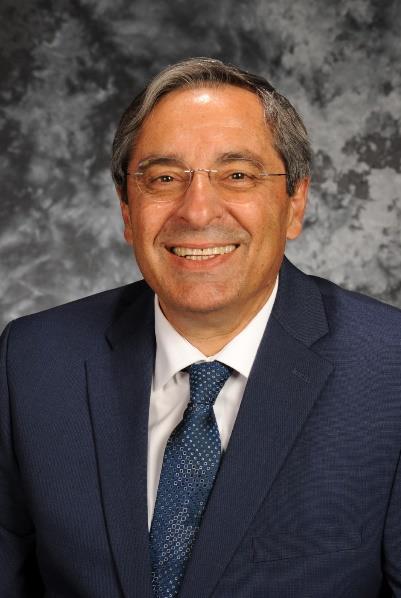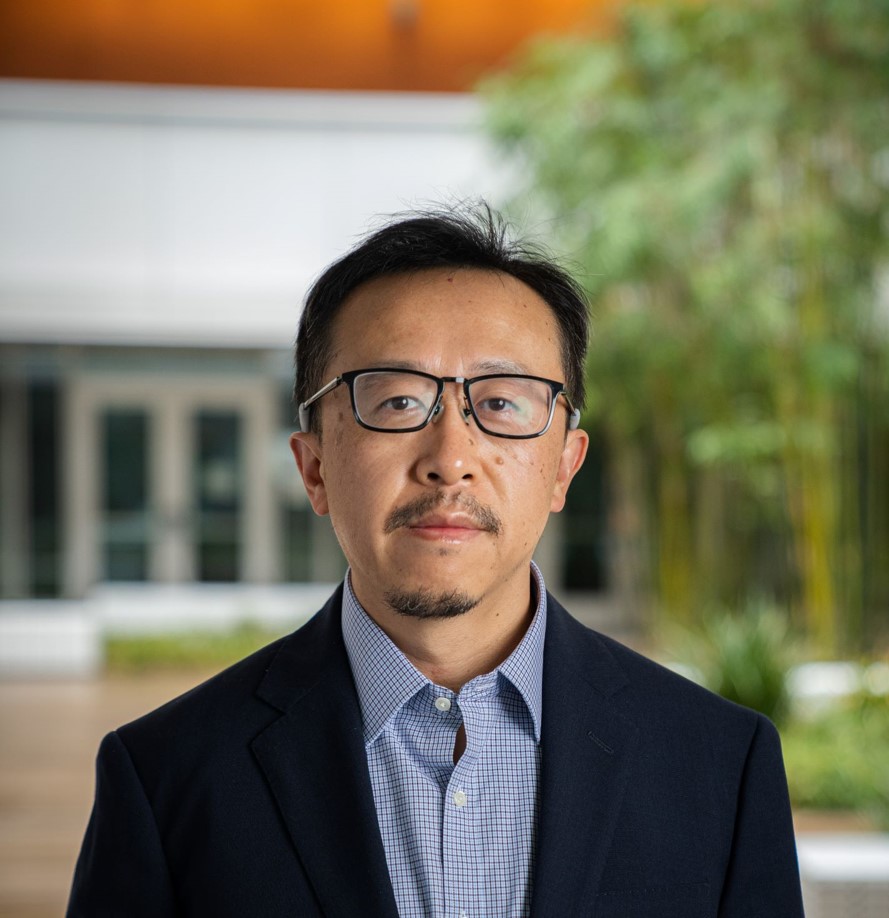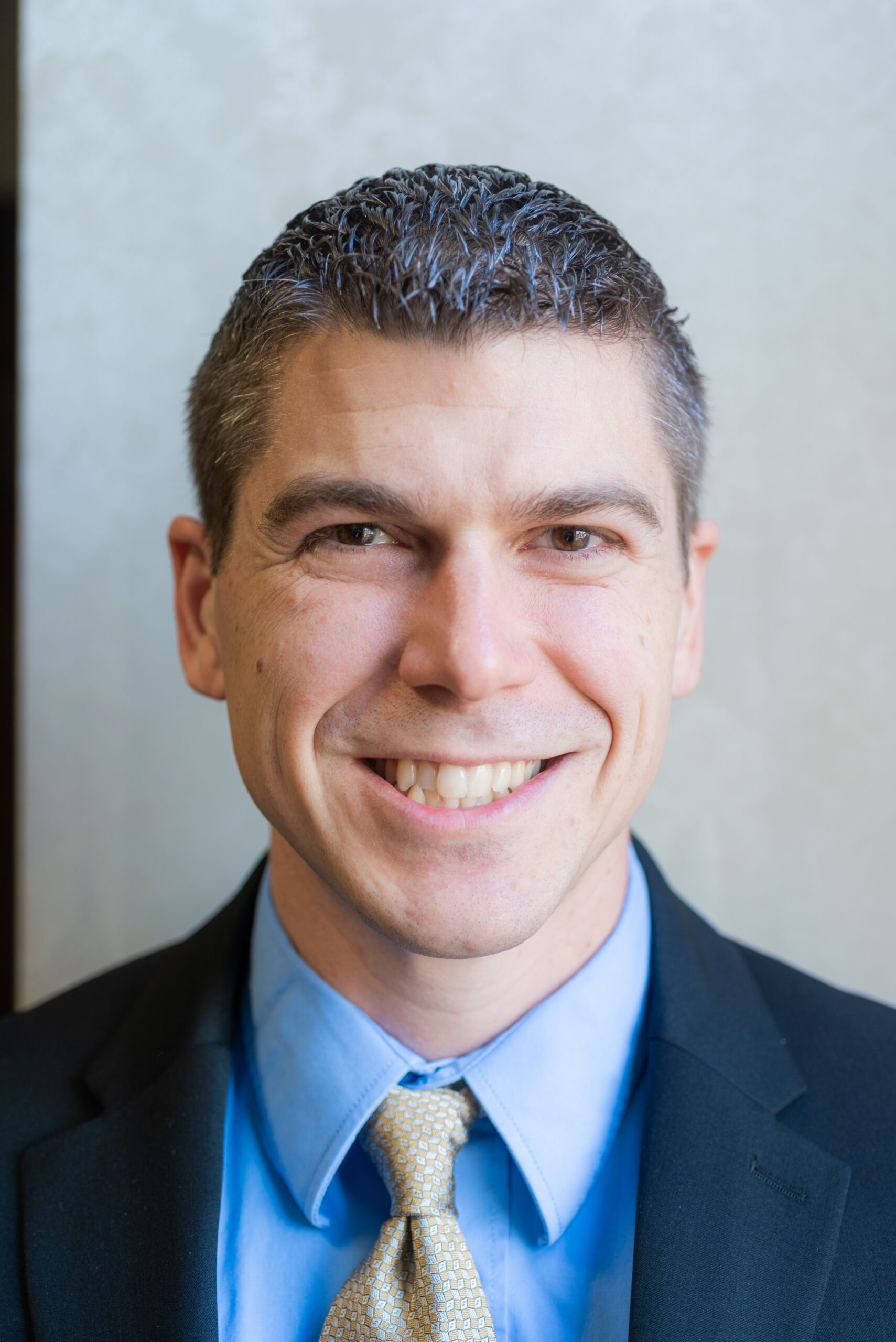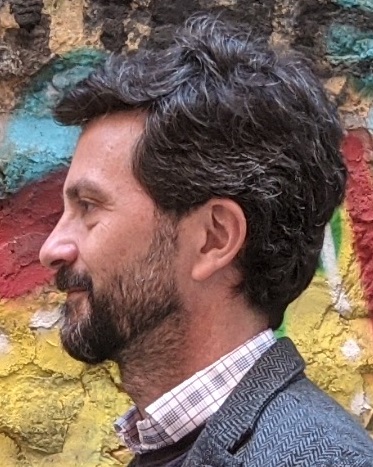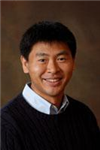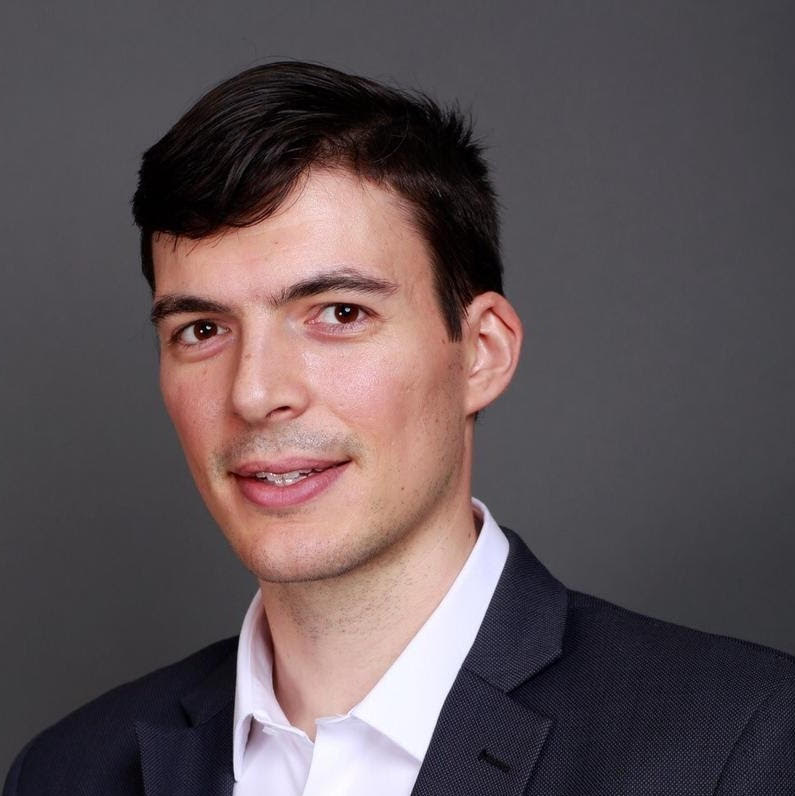The Berkeley Space Center
3105 Etcheverry Hall 3105 Etcheverry Hall, Berkeley, CA, United StatesAlexandre Bayen Liao-Cho Professor, EECS; Associate Provost for the Berkeley Space Center This talk will describe the latest development of the Berkeley Space Center, a project in which UC Berkeley is developing a 36 acres parcel at NASA Ames (Moffett Field, near Mountain View), to build a new 1.4M sqft research hub, which will host research …

